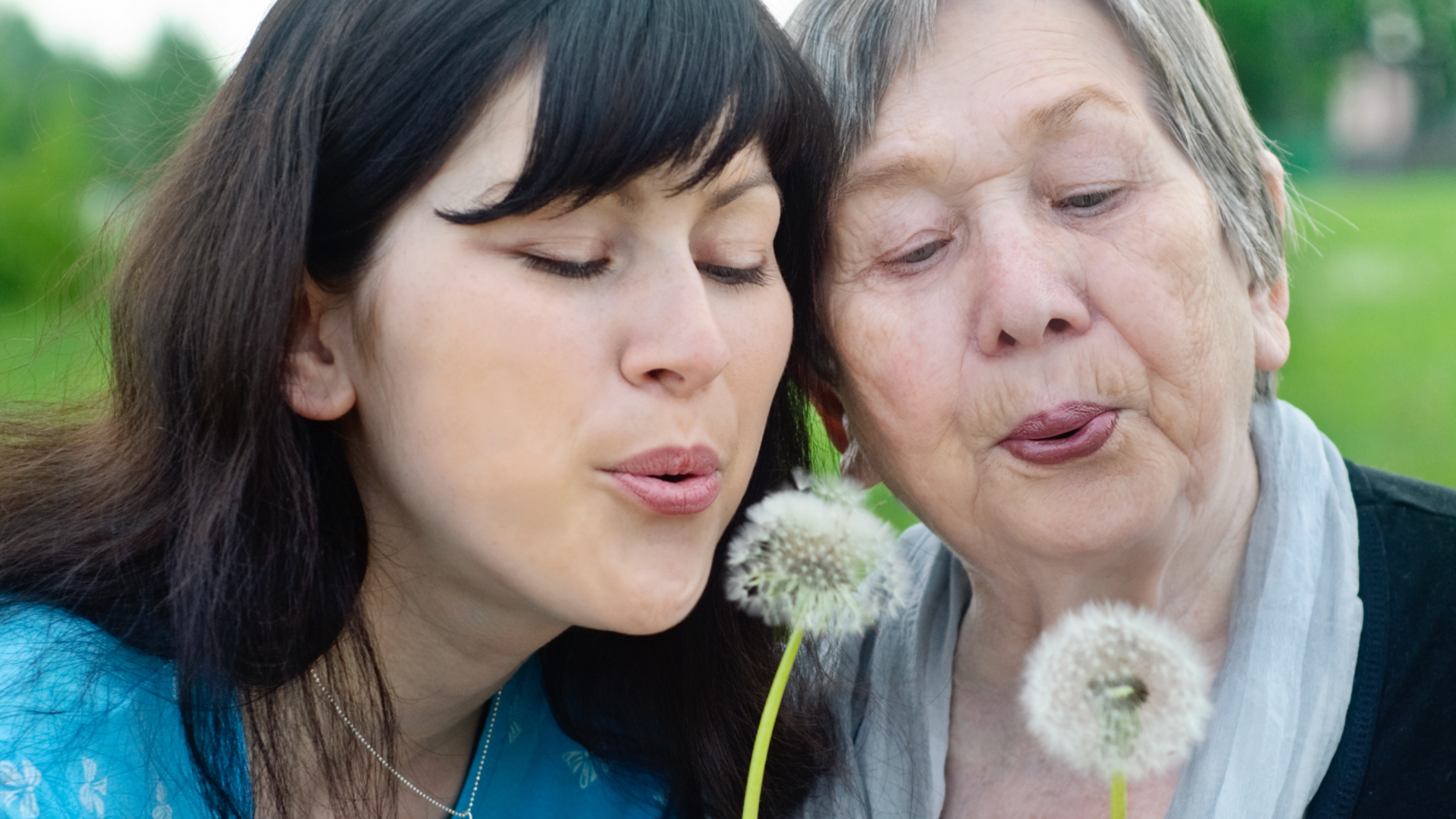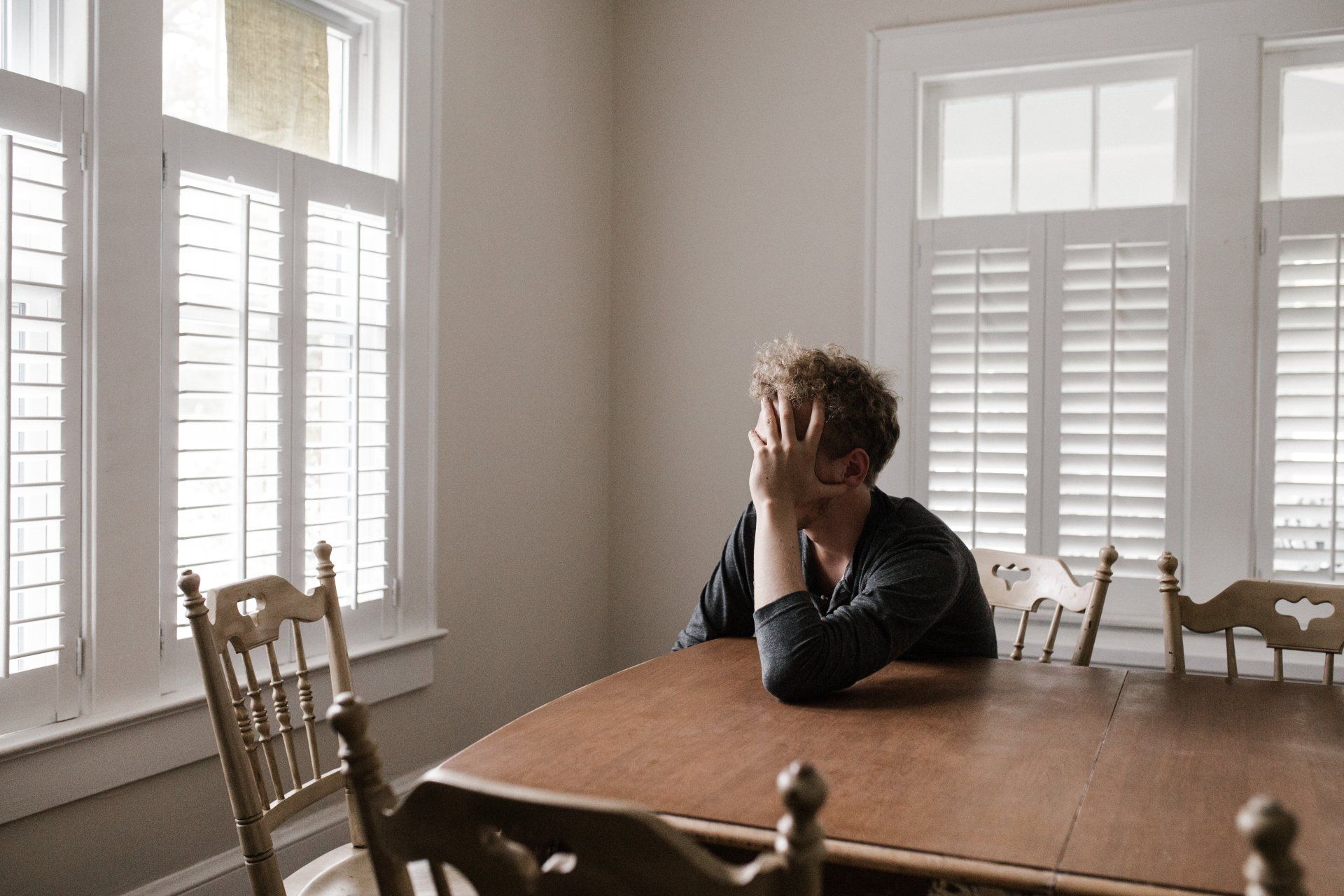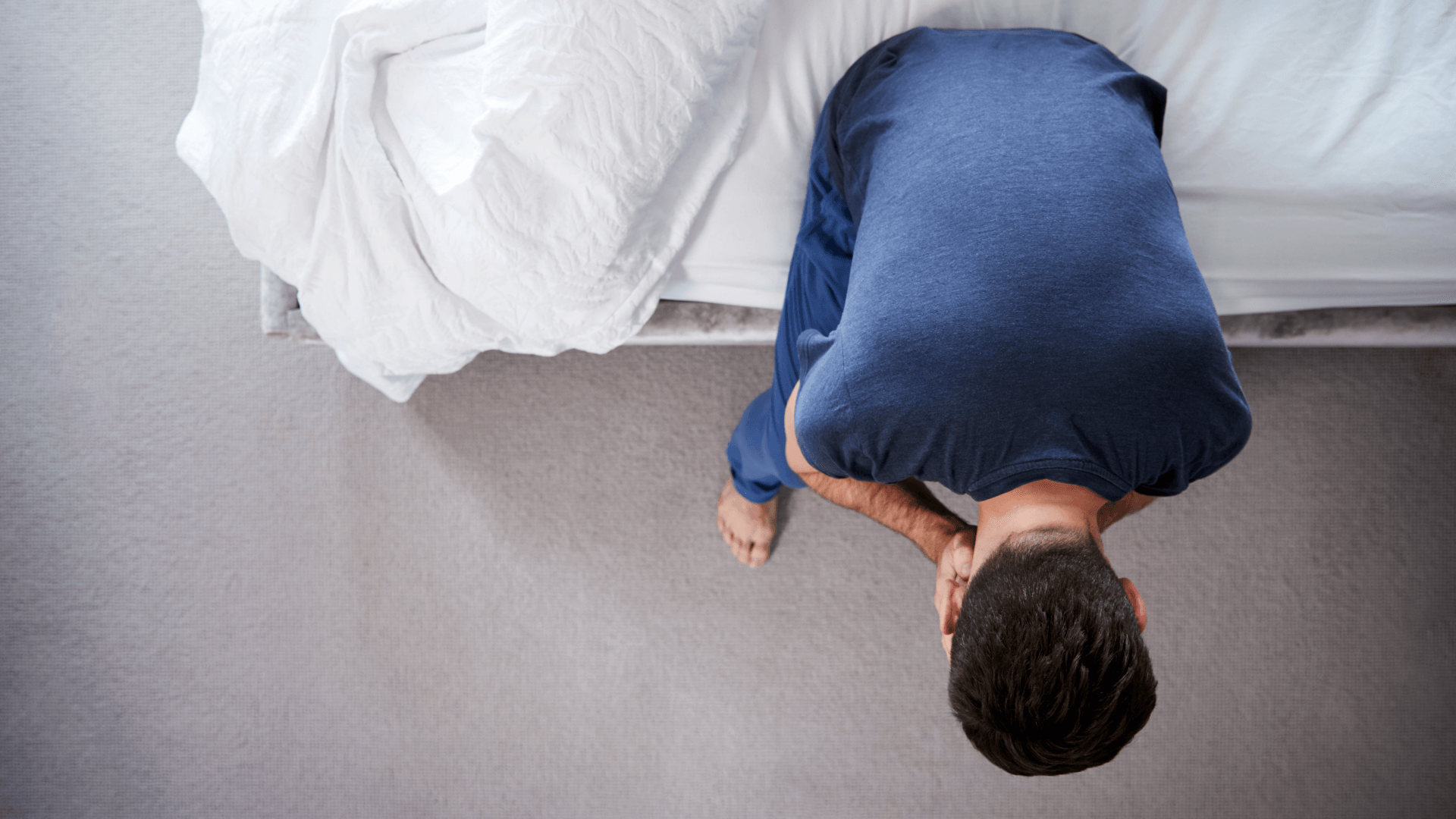Seasonal affective disorder

How to understand a common mental health issue often experienced during the winter months.
What is seasonal affective disorder
Seasonal affective disorder (SAD), or seasonal depression, is a type of depression that’s related to the changing of the seasons and weather. It usually starts in autumn as the days get shorter, and tends to end as spring starts and the clocks go forward (this year it’s the 27th of March). Some people with SAD describe it as ‘like having your own portable black cloud’. It’s common to feel different as the weather changes, maybe your energy levels drop a bit in winter or your sleeping patterns change a bit. However, if you’re finding that your feelings interfere with your ability to function day-to-day continually, then it could be a sign of depression.
What are the symptoms of SAD?
Some of the common symptoms of SAD include:
· A persistent low mood
· Loss of pleasure or interest in normal everyday activities
· Feelings of guilt, worthlessness or despair
· Not wanting to see people
· Lacking energy and sleeping during the day
· Irritability
What causes seasonal affective disorder?
According to the NHS, the particular cause of SAD is not fully known, but there is a link to the reduction of sunlight exposure as the clocks go back and our days are shorter during autumn and winter. The main theory is that the lack of sunlight may reduce the level of activity in the hypothalamus and therefore affect…
The production of melatonin
Melatonin is a hormone that activates to help you go to sleep; if your body produces higher levels than normal then you would feel sleepy even in the middle of the day which may account for why people with SAD sleep during the day and feel irritable when they don’t.
The production of serotonin
Serotonin is a hormone that affects your mood, appetite and sleep. There may be a link between lower levels of serotonin and lack of sunlight exposure which could then lead to feelings of depression as the hormone isn’t produced at the levels the body expects.
Your body’s internal clock
Your body has an internal clock known as the circadian rhythm that ensures that you get enough sleep at night to rest and heal. However, your body uses sunlight to time various functions, such as waking up or going to bed. If you body doesn’t get enough sunlight exposure then the low light levels may disrupt your clock and lead to symptoms of SAD.
Risk factors
Seasonal affective disorder is usually diagnosed more often in women compared to men, and it also usually affects younger adults than those who are older. Family history can also play a role, as sharing genetics with someone who has had a form of depression can influence the likelihood of being diagnosed with SAD. If you already have a form of depression, or bipolar disorder, then your condition may worsen as the seasons change. Furthermore, living far away from the equator can affect whether you’re affected by changing seasons as the further away you are, the less sunlight you are exposed to during the winter months. Finally, not receiving enough vitamin D through sunlight and foods can reduce serotonin activity as vitamin D can help boost the hormone levels.
What treatments are there for SAD?
There are a range of treatments available, and speaking with your GP about what you’re going through will help them recommend the most suitable option for you. The main treatments are:
· Lifestyle measures: ensuring that you get as much natural sunlight as you can, as well as making sure you have a solid sleep routine, eating properly, exercising regularly and managing your stress levels.
· Light therapy: a special lamp called a light box is used to simulate sunlight exposure and help your hormones stay on track.
· Talking therapies: TrentPTS has a wide range of talking therapies where we can help with seasonal affective disorder through Cognitive Behavioural Therapy (CBT).
· Antidepressant medicine: such as Selective Serotonin Reuptake Inhibitors (SSRIs).
If you are struggling with seasonal affective disorder, please self-refer in to our service.
What self-care can I do for seasonal affective disorder (SAD)? - Mind has some great information about seasonal affective disorder. Check out their website for more resources.













